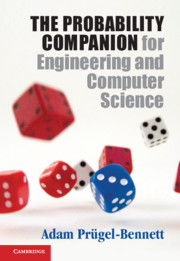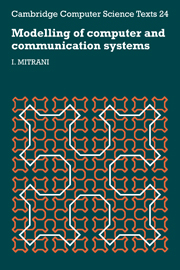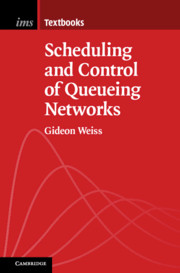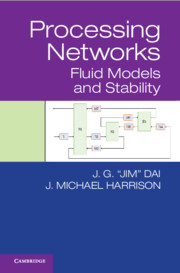Stochastic Processes
This introductory textbook explains how and why probability models are applied to scientific fields such as medicine, biology, physics, oceanography, economics, and psychology to solve problems about stochastic processes. It does not just show how a problem is solved but explains why by formulating questions and first steps in the solutions. Stochastic Processes is ideal for a course aiming to give examples of the wide variety of empirical phenomena for which stochastic processes provide mathematical models. It introduces the methods of probability model building and provides the reader with mathematically sound techniques as well as the ability to further study the theory of stochastic processes. Originally published in 1962, this was the first comprehensive survey of stochastic processes requiring only a minimal background in introductory probability theory and mathematical analysis. Stochastic Processes continues to be unique, with many topics and examples still not discussed in other textbooks.
Product details
July 1999Paperback
9780898714418
344 pages
282 × 150 × 19 mm
0.484kg
This item is not supplied by Cambridge University Press in your region. Please contact Soc for Industrial & Applied Mathematics for availability.
Table of Contents
- Preface to the Classics Edition
- Preface
- Role of the Theory of Stochastic Processes
- 1.Random Variables and Stochastic Processes
- 2. Conditional Probability and Conditional Expectation
- 3. Normal Processes and Covariance Stationary Processes
- 4.Counting Processes and Poisson Processes
- 5. Renewal Counting Processes
- 6. Markov Chains: Discrete Parameter
- 7. Markov Chains: Continuous Parameter
- References
- Author Index
- Subject Index.






